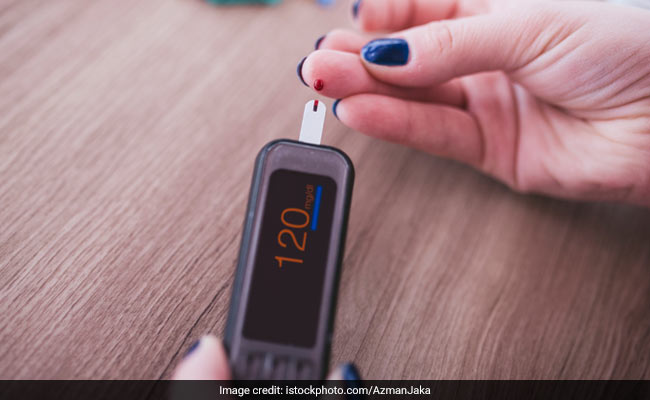
Basically, extreme heat conditions cause blood glucose levels to fluctuate significantly, apart from leading to dehydration and exhaustion. This can lead to heat stroke, which is a life threatening condition that requires medical assistance. It can also cause nerve damage, an associated complication of diabetes mellitus that can affect nearly every organ in the body, including sweat glands making it difficult for the body to cool down as the mercury rises.
Diabetes may also cause the body to lose water at a faster pace and in the absence of hydration; it can raise blood glucose levels, causing frequent urination. Diabetes is one condition that can be managed with carefully altered diet.

Diabetes mellitus: Diabetes may also cause the body to lose water at a faster pace
Diabetics should be extremely careful about the weather conditions and ways to cope them.
These diet tweaks may help diabetics to maintain and regulate the condition.
1. Tomato
Rich in lycopene, tomatoes are extremely great for your heart. They also reduce pressure and the risk of heart complications associated with diabetes. Tomatoes are packed with essential nutrients like vitamin C, vitamin A and potassium.
2. Pumpkin seeds
Pumpkin seeds make exceptional snacks that can help satisfy your cravings for fatty and sugary foods. They are extremely rich in iron and unsaturated fats and help in suppressing your hunger.
3. Flaxseed
Flaxseeds contain large amounts of insoluble fibre called lignin. These seeds help reduce the chances of heart complications and also the risk of strokes linked with diabetes.
4. Mixed nuts
Nuts are a rich source of omega-3 fatty acids and have low glycemic index scores. The essential oils and overall nutrient content of nuts helps in reducing diabetic inflammation, blood sugar and LDL or bad cholesterol levels.
Track Latest News Live on NDTV.com and get news updates from India and around the world

